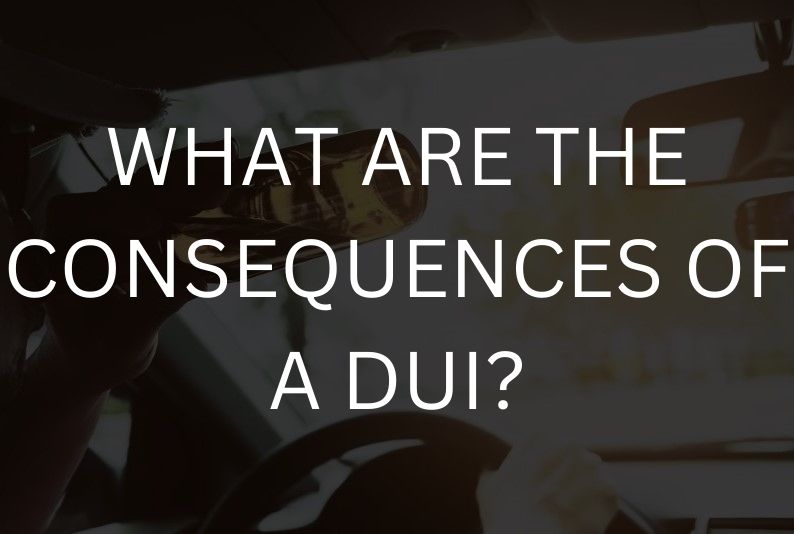(720) 879-1114
Call for a consultation
(720) 879-1114
Call for a consultation

There are several indicators that can tip a police officer off about a possible DUI. Erratic driving habits like swerving in and out of lanes and avoiding traffic laws are usually a dead giveaway that provides an officer with a valid reason to pull a driver over. Once pulled over, an officer will typically administer a Field Sobriety Test (FST) or a Breathalyzer Test to confirm any suspicions of driving under the influence. Tangible factors like red, watery eyes and the smell of alcohol or marijuana are also typical signs of somebody who is under the influence.
In most cases, handheld breathalyzer tests are usually not admissible in court, though they do determine probable cause to arrest the driver. During the stop, it's crucial to remain calm and cooperative, as any aggressive behavior or refusal to comply with an officer's requests can further complicate the situation and potentially lead to additional charges. It's important to understand your rights during a DUI stop, including your right to remain silent and your right to legal representation.
Knowing these rights can help you understand the situation more effectively and protect your interests. An officer may also observe the driver's behavior and conduct a preliminary search of the vehicle if they suspect the presence of open containers or illegal substances, adding to the evidence against the driver.


